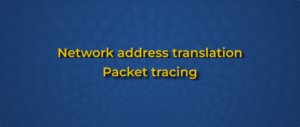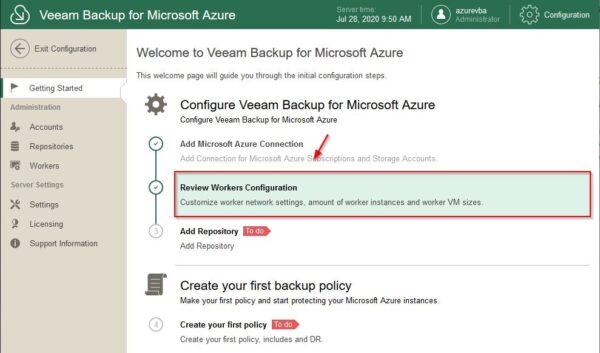In my original blog post On WebKit Security Updates, I identified three separate problems affecting WebKit users on Linux:
- Distributions were not providing updates for WebKitGTK+. This was the main focus of that post.
- Distributions were shipping a insecure compatibility package for old, unmaintained WebKitGTK+ 2.4 (“WebKit1”).
- Distributions were shipping QtWebKit, which was also unmaintained and insecure.
Let’s review these problems one at a time.
Distributions Are Updating WebKitGTK+
Nowadays, most major community distributions are providing regular WebKitGTK+ updates, so this is no longer a problem for the vast majority of Linux users. If you’re using a supported version of Ubuntu (except Ubuntu 14.04), Fedora, or most other mainstream distributions, then you are good to go.
My main concern here is still Debian, but there are reasons to be optimistic. It’s too soon to say what Debian’s policy will be going forward, but I am encouraged that it broke freeze just before the Stretch release to update from WebKitGTK+ 2.14 to 2.16.3. Debian is slow and conservative and so has not yet updated to 2.16.6, which is sad because 2.16.3 is affected by a bug that causes crashes on a huge number of websites, but my understanding is it is likely to be updated in the near future. I’m not sure if Debian will update to 2.18 or not. We’ll have to wait and see.
openSUSE is another holdout. The latest stable version of openSUSE Leap, 42.3, is currently shipping WebKitGTK+ 2.12.5. That is disappointing.
Most other major distributions seem to be current.
Distributions Are Removing WebKitGTK+ 2.4
WebKitGTK+ 2.4 (often informally referred to as “WebKit1”) was the next problem. Tons of desktop applications depended on this old, insecure version of WebKitGTK+, and due to large API changes, upgrading applications was not going to be easy. But this transition is going much smoother and much faster than I expected. Several distributions, including Debian, Fedora, and Arch, have recently removed their compatibility packages. There will be no WebKitGTK+ 2.4 in Debian 10 (Buster) or Fedora 27 (scheduled for release this October). Most noteworthy applications have either ported to modern WebKitGTK+, or have configure flags to disable use of WebKitGTK+. In some cases, such as GnuCash in Fedora, WebKitGTK+ 2.4 is being bundled as part of the application build process. But more often, applications that have not yet ported simply no longer work or have been removed from these distributions.
Soon, users will no longer need to worry that a huge amount of WebKitGTK+ applications are not receiving security updates. That leaves one more problem….
QtWebKit is Back
Upstream QtWebKit has not been receiving security updates for the past four years or thereabouts, since it was abandoned by the Qt project. That is still the status quo for most distributions, but Arch and Fedora have recently switched to Konstantin Tokarev’s fork of QtWebKit, which is based on WebKitGTK+ 2.12. (Thank you Konstantin!) If you are using any supported version of Fedora, you should already have been switched to this fork. I am hopeful that the fork will be rebased on WebKitGTK+ 2.16 or 2.18 in the near future, to bring it current on security updates, but in the meantime, being a year and a half behind is an awful lot better than being four years behind. Now that Arch and Fedora have led the way, other distributions should find little trouble in making the switch to Konstantin’s QtWebKit. It would be a disservice to users to continue shipping the upstream version.
So That’s Cool
Things are better. Some distributions, notably Arch and Fedora, have resolved all of the above problems (or will in the very near future). Yay!






